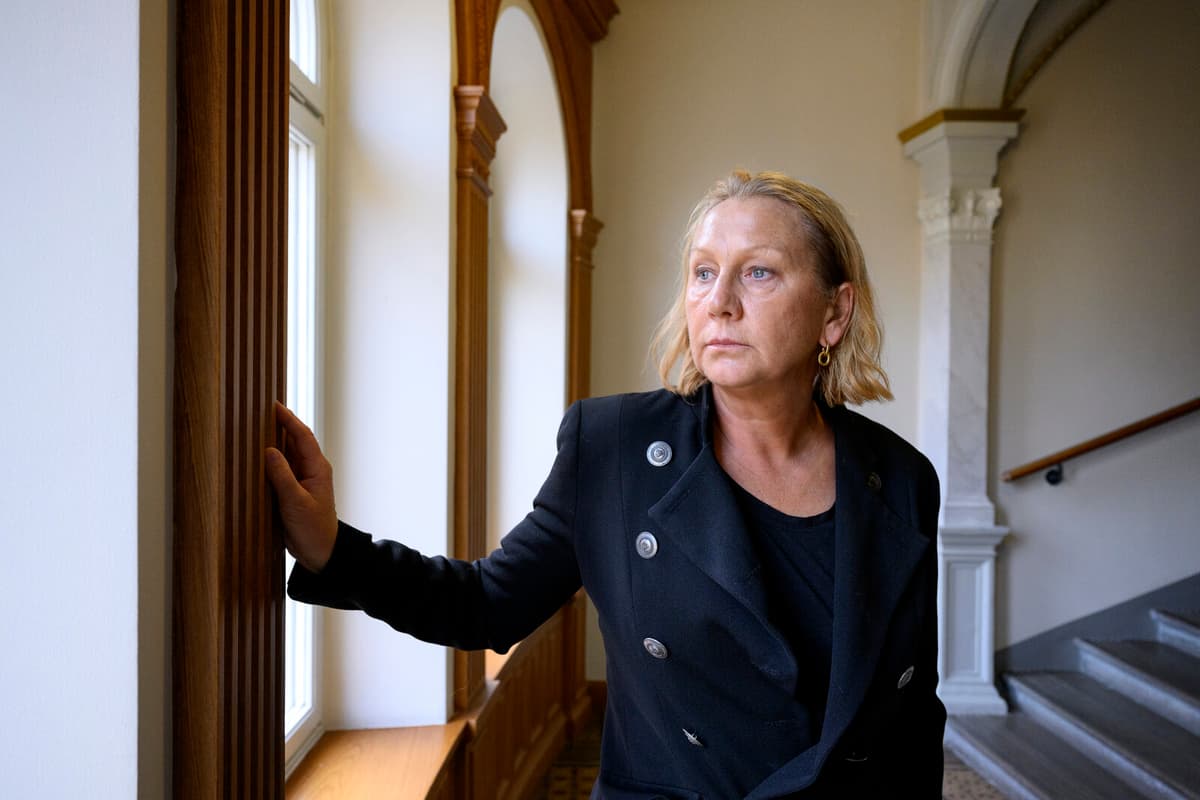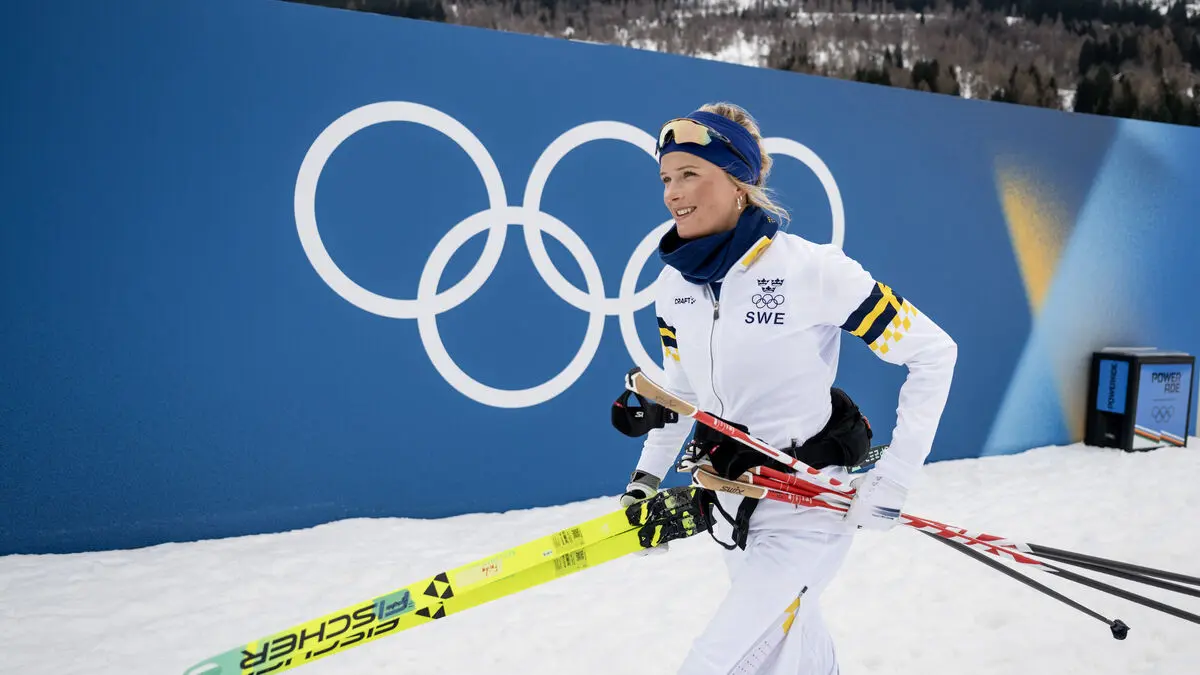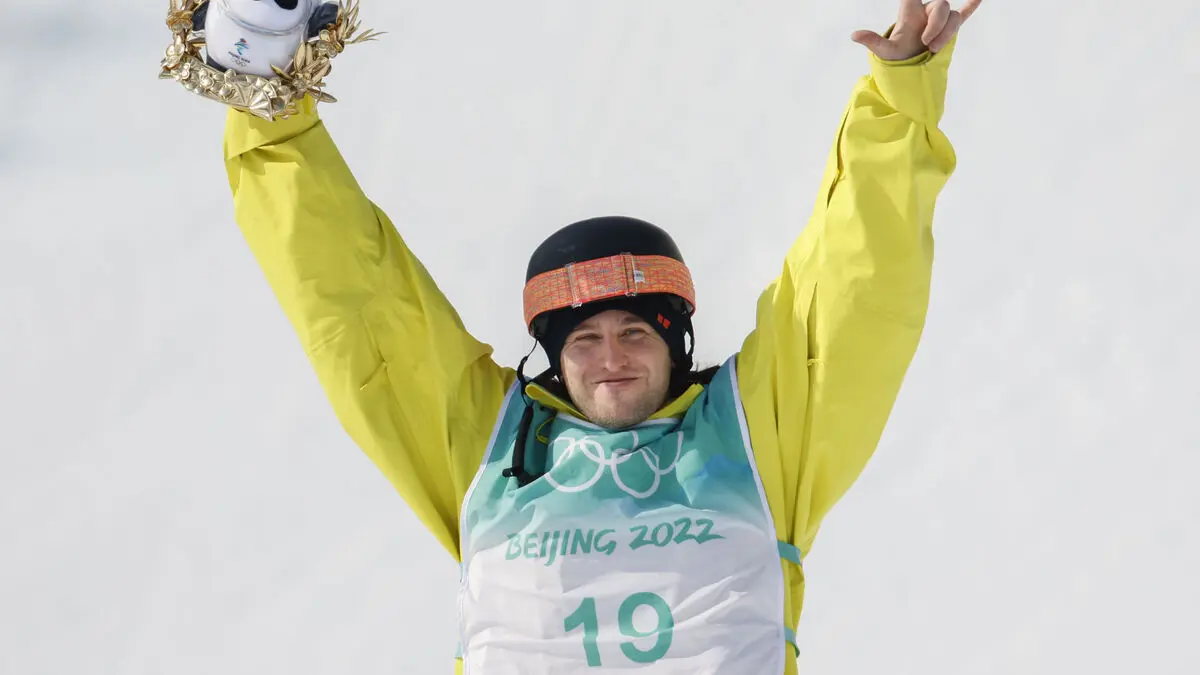Engquist apologizes for being a few minutes late to the interview. During the short walk from the hotel to the publisher's office in central Stockholm, she was stopped by people on the street.
I don't know how to react. Should I smile? Should I be sad? Even when people praise me, I don't know what to do. Most of the time, I'm just silent.
What did you hear?
That life can be tough and that I should fight. Encouraging words.
How did it feel?
It felt good. But I haven't forgiven myself, so I don't feel that praise feels right. So, I want to avoid it. I'm not good. I'm not here because I'm good. I'm telling you that I've done wrong and that I don't feel well because of it.
Current with new book
She is current with her new autobiography – "Ludmila – More Swedish than anyone can be" – which was written together with Johar Bendjelloul and Henrik Johnsson. After more than two decades of media silence, the 60-year-old decided to take her place in the public eye again. She was ready to be torn apart and fall apart in order to become whole for the first time, as she described it in the book.
So she told.
About why she chose to dope to avoid the bob sled. About the state-sanctioned doping in the Soviet Union. About the sexual abuse by the neighbor boy when she was five years old. About the violence and alcoholism at home. About the Soviet national team leader who sexually exploited her. About the cancer that has returned for the third time. About depression and suicide attempts.
I feel so bad that it doesn't matter to me. I can't feel worse than I do now. So, it helps me. Do I want to live on or not? Time will tell. But it can't get worse. That's the situation. Then I have my health, I don't know how long I can wait.
Engquist describes the recent years as extremely tough, with a deteriorating health and a divorce from her former husband and coach Johan Engquist.
Every day became harder and harder to exist. I cried for four years. I isolated myself completely.
Hard to tell
She has talked to many psychologists over the years but doesn't feel that it helps. The only thing that has helped somewhat is a psychologist who fled the war in Ukraine and works a lot with people in prison. With the help of different models for how she physically should move her eyes, she feels that it becomes easier to relax at night when the thoughts are darkest.
Writing the book has been tough. But for Ludmila Engquist, it has been important to tell.
There has been a lot of focus on the doping, but I want to show the whole story. How I lived and why it became like it did. That I'm telling the truth to myself. That I can forgive myself. That's the hardest.
Born: April 21, 1964, in the former Soviet Union.
Lives: Costa Blanca, Spain.
Family: children Natalya Engquist and Elias Engquist.
Event: 100 m hurdles.
Main merits: Olympic gold in Atlanta 1996, World Championship gold in Athens 1997 (for Sweden). World Championship gold in Tokyo 1991 (for the Soviet Union).
Awards in selection: Jerring Prize 1996 and 1999, Bragdguldet 1997.
Current: With the new autobiography "Ludmila – More Swedish than anyone can be" written together with Johar Bendjelloul and Henrik Johnsson.
In acute situations or when thinking of suicide, always call 112.
You can turn to these organizations if you're feeling unwell:
Mind.se.
Suicide Zero – suicidezero.se.
Spes – the national association for suicide prevention and aftercare. spes.se.
BRIS – children's rights in society. bris.se.
Save the Children – raddabarnen.se. Also for parents.
Anonymous alcoholics – aa.se.
Jourhavande kompis – receives calls from children and young people up to 25 years old. jourhavandekompis.se.
Jourhavande medmänniska – can be reached at night on 08–702 16 80.
Friends – friends.se.
1177 – healthcare advice and information about the nearest psychiatric emergency department. 1177.se






